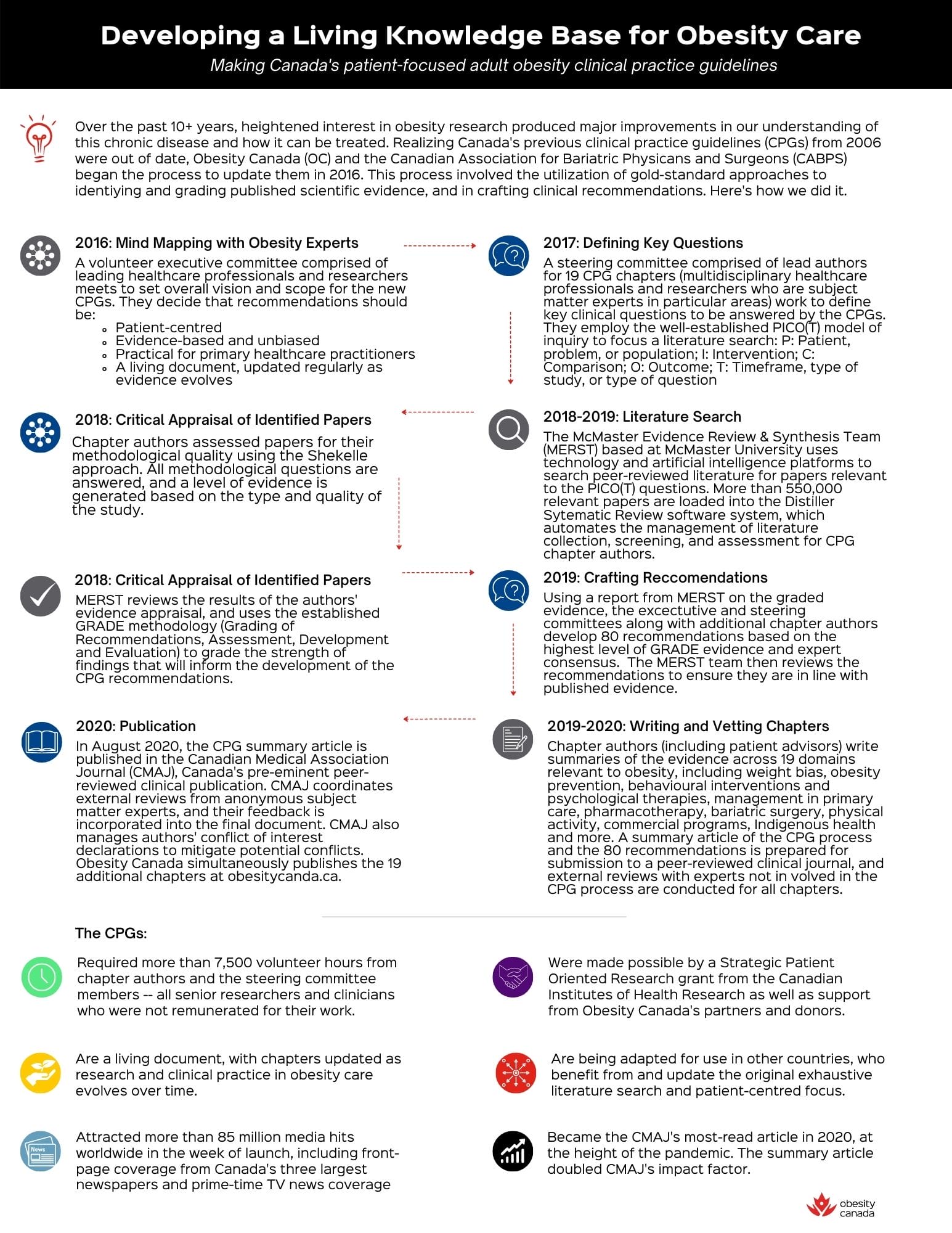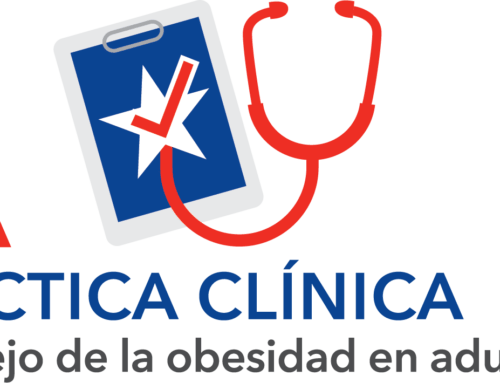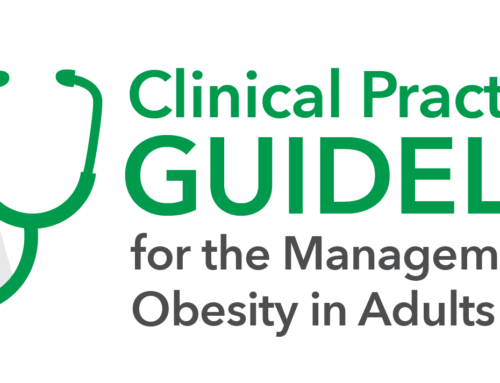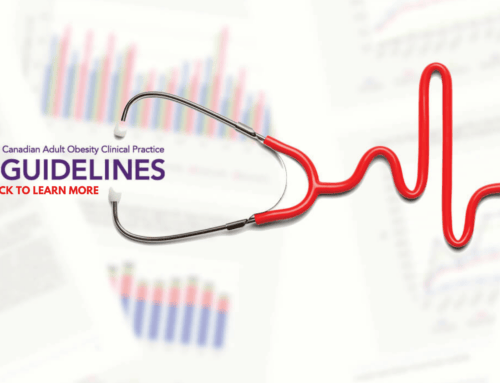
Blog post written by Ximena Ramos Salas, PhD
In August 2021, Chile and Ireland started a pilot project to adapt the Canadian Adult Obesity Clinical Practice Guidelines.
The objective of this pilot project was to assess the feasibility of tailoring the guideline for use in countries with different health systems, population characteristics, and languages, while maintaining the guideline’s scientific validity and trustworthiness.
Many people have asked why Chile and Ireland decided to adapt the Canadian guideline rather than developing their own guidelines.
The main reason for this is that the Canadian guideline is considered the most comprehensive and up to date systematic review of the literature, while also outlining expert consensus and best practices to improve obesity care. There is also a recognition that creating de novo guidelines is a resource intensive activity and that there is an opportunity to share and collaborate internationally to move the field of obesity research and clinical practice forward.
Here are 5 facts about the Canadian guideline, which have contributed to its recognition worldwide as a scientifically valid and trustworthy guideline.
- The Canadian Adult Obesity Clinical Practice Guideline was developed through a scientifically valid and person-centred process that took over three and a half years, involving obesity experts, clinicians, and people living with obesity in every step of the process.
- The Canadian CPG Executive Committee recognized that since obesity is a highly stigmatized disease, it was critical to not just have an “expert consensus statement”, but to create a scientifically valid and trustworthy clinical practice guideline. Using the GRADE (Grading of Recommendations, Assessment, Development and Evaluations) framework, authors were able to rate the quality of the evidence and the strength of the recommendations in a systematic manner. GRADE is the most widely adopted tool for creating clinical practice guidelines with over 100 organizations worldwide endorsing this framework. The Canadian CPG Executive Committee worked with McMaster University’s Evidence Review & Synthesis Team to implement the GRADE framework. MERST has also worked with many organizations in Canada to develop clinical practice guidelines, including Diabetes Canada, Health Canada, the American Heart Association, and the World Health Organization.
- The Canadian CPGs frame obesity management within a chronic disease management framework, which is a practical framework that primary care professionals are familiar with, while also shifting the focus of obesity treatment towards health improvements (not just weight loss) using evidence-based, collaborative, and person-centered interventions. The guideline offers practical resources and education for healthcare professionals and patients to implement the recommendations.
- With 19 chapters, 80 recommendations, and key messages for people living with obesity as well as policy makers, the Canadian CPGs synthesize the latest obesity evidence while also including expert (scientists, healthcare professionals, and patients living with obesity) consensus and best practices to reduce weight bias, stigma, and discrimination and ultimately improve obesity care.
- It is estimated that the guideline cost over 1 million Canadian dollars including cash and in-kind contributions from Obesity Canada, the Canadian Association of Bariatric Physicians and Surgeons, the Canadian Institutes of Health Research. CPG authors contributed over 6,000 volunteer hours to this process.
It is now just over a year since the pilot project to adapt the guideline in Chile and Ireland started and we are pleased to announce that both countries have successfully finished the adaptation process and will be launching their guidelines in the coming weeks.
Through this pilot project, we have learned that it is possible to adapt the Canadian Adult Obesity Clinical Practice Guideline for different health systems and populations, while reducing time and costs and maintaining the guideline’s scientific validity and trustworthiness.
We know that there are many countries who are wishing to adapt the Canadian CPGs.
Obesity Canada has now released an open call process for other countries that wish to adapt the Canadian CPGs. In this process, will incorporate the key learnings from the pilot project in Chile and Ireland so that future adaptation teams can benefit from their experiences.
Clinical practice guidelines represent one mechanism to improve access to evidence-based and person-centered obesity care. The key is to implement clinical practice guidelines. Obesity Canada is committed to promoting uptake of the guidelines in Canada through the work on the Action Teams.





